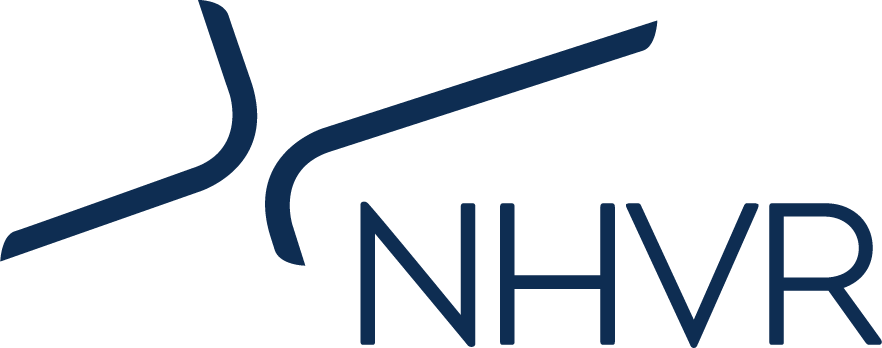What is the scope of the primary duty?
The primary duty only relates to the things that you can influence and control. Every party in the Chain of Responsibility (CoR) is responsible for the safety of all their transport activities. But this responsibility depends on their ability to control, eliminate or minimise risk. In other words, you are not responsible for managing a risk you simply can’t control.
Your workplace may have lots of ways to control risk, like having the correct equipment, staff training, operating procedures, rest facilities, technology, and contractual agreements in place. But you may have less direct say in the risk controls that other parties in the CoR have in place.
For this reason, you need to find out about how another business operates before you enter into a contract with them. You can also include provisions in the contract that give you access to safety performance information and that state procedures to follow if problems arise.
Communicating and negotiating with other parties is also part of your “transport activities”. Use the process to ensure that your business has control and visibility of the activities where you collaborate with other businesses.
What is shared responsibility?
The activities of CoR parties and their responsibilities frequently overlap.
For example, scheduling a journey might involve:
- the business that packs goods for collection
- the transporter of the goods
- the receiver of the goods
- the employees at the loading premises who work with drivers to load and secure the vehicle.
All of these CoR parties have a shared safety responsibility, but this does not diminish the duty of any of them. Each party is still required to ensure safety, so far as is reasonably practicable, for the transport activities they can influence and control.
For example, the business that packs goods for collection can ensure that goods are ready on time for loading and properly secured. This helps manage the risk of an accident caused by driver fatigue or poor load restraint. The driver’s employer makes sure the journey is properly scheduled and that the driver is empowered to stop to rest if fatigued. The employer also ensures the driver has received appropriate load restraint training and has reliable restraint equipment.
Neither party can control what the other does, but they share responsibility for managing the risks of fatigue and unrestrained loads. Each of them contributes, but they do it in different ways, depending on what they can influence and control.
What about shared contracts?
You can’t transfer your primary duty to another person or business or lessen your responsibility through a contractual agreement or arrangement.
However, contracts can help you work safely with other parties in the CoR.
Contracts allow you to:
- clearly document what each party does and how they do it
- set expectations about safety practices
- agree on terminology, processes and equipment
- add facilities, training and maintenance requirements
- name contact persons for each business and escalation procedures
- establish ways for monitoring, reporting and continuous improvement.

 Accessibility tools
Accessibility tools

